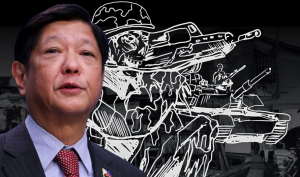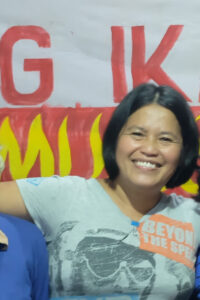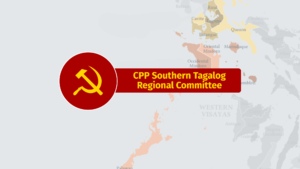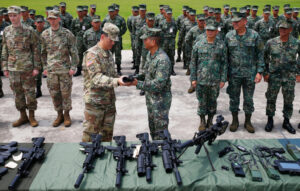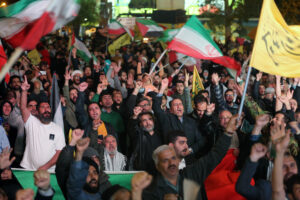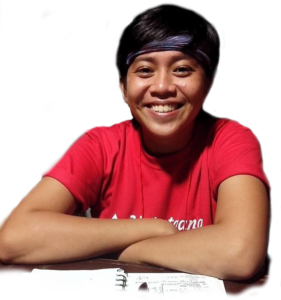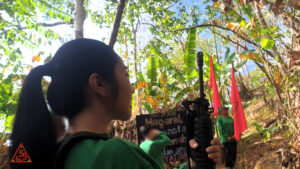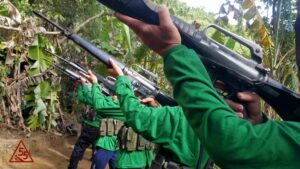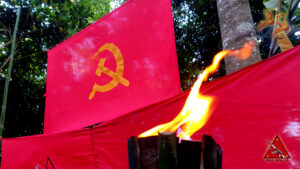On the August 24 Jolo blasts
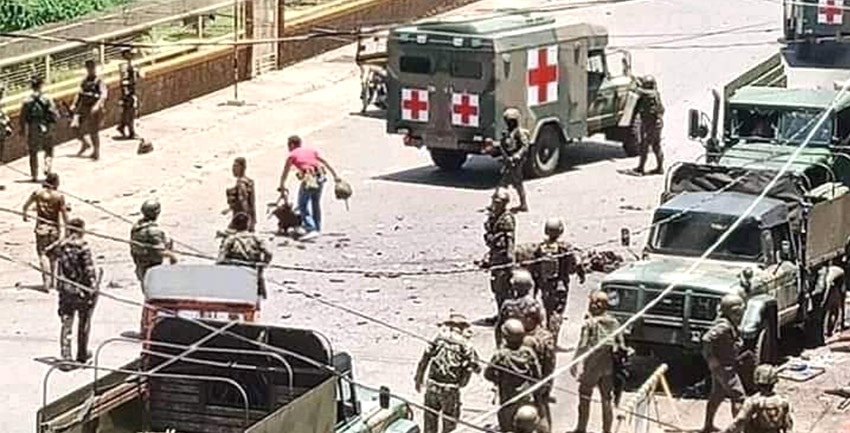
Translation/s: Pilipino
The Communist Party of the Philippines (CPP) denounces the successive explosions last August 24 in Jolo, Sulu province, which killed at least 15 people and wounded 75, mostly civilians and bystanders. The apparent attack against the AFP killed at least seven soldiers.
1. As a matter of revolutionary principle, the Party does not tolerate armed attacks that cause indiscriminate loss of civilian lives and damage to civilian property. In waging a revolutionary war, the Party-led New People’s Army gives the highest priority to the protection of the rights and welfare of the masses.
The Jolo blasts are a dastardly crime against the masses, especially the Moro people. The Filipino and Moro revolutionary forces and people must vigorously denounce this crime.
2. The Duterte regime and the AFP are quick to point to the Abu Sayyaf as the perpetrators of the twin blasts. Even without sufficient investigation and without offering evidence, military and police officers have repeatedly made public pronouncements issuing speculations that are dubiously passed off as truths, such as the claim that a “female suicide bomber” carried out the attacks and that the perpetrators were supposedly widows of Abu Sayyaf (even if they haven’t even determined how the blasts were actually carried out), that bombs were rigged on a motorcycle (even if the motorcycle appeared intact and only charred, as observed by a local official), and so on.
3. The Abu Sayyaf is an armed group that has been designated as “terrorists” by Philippine jurisprudence under the now defunct Human Security Act. In truth, the Abu Sayyaf is nothing but a criminal bandit group that is engaged in kidnap-for-ransom, beheadings and other nefarious activities that bring about hardships to the ordinary masses.
Like all criminal bandit groups in the Philippines, the Abu Sayyaf is inextricably linked to the AFP and PNP. It is linked as well to US military forces based in Western Mindanao. It is publicly known that military and police officers receive their cuts from the Abu Sayyaf’s kidnapping operations. There are incidents, such as the Lamitan Siege of 2001, where AFP officers colluded with the Abu Sayyaf to allow its members to escape in exchange for a share of the ransom money.
In fact, the Abu Sayyaf was originally founded in the early 1980s by US intelligence operatives who recruited armed Muslims to join US armed intervention in Afghanistan. Its origins are similar to that of the so-called Islamic State (IS) which was established by former members of Al Qaeda in Iraq recruited by US agents to serve their US aggression into Syria.
4. The AFP and PNP compete against each other in protecting the Abu Sayyaf as well as other armed bandits. This often leads to bloody clashes such as the recent liquidation of four military officers in Sulu by PNP personnel last June 29 which the AFP reports were conducting intelligence operations. Recall, as well, that plans of the botched police operation that led to the 2015 Mamasapano massacre was deliberately kept from the military by the PNP leadership for fear that they will be tipped off.
5. In the past, the Abu Sayyaf has also served as a convenient scapegoat for crimes which the AFP and PNP have labelled “terrorist” to justify the resort to draconian measures. These include the Davao bombing of 2016 which preceded the Duterte regime’s declaration of a “state of emergency on account of lawless violence” which clamped down on people’s rights and imposed other restrictions. It is widely believed that many of the “terrorist” bombings are actually perpetrated by military and police operatives, as well as by US military agents.
Abu Sayyaf “terrorism” has been used as pretext for US military presence in the Philippines, especially in Mindanao, as part of the “second front” of the “war on terror” in 2002, and, since 2016, under the Operation Pacific Eagle-Philippines.
6. The revolutionary and democratic forces denounce the AFP and PNP for their push to impose martial law in Sulu, using the Jolo blasts as pretext. As shown in the past, giving the military and police increased power, especially in the Moro areas, has only aggravated the oppression being experienced by the Moro people.
There is rising fear that the Jolo blasts might actually have been perpetrated by forces aligned with the Duterte regime and the AFP and PNP, to serve as a dress rehearsal for a wider campaign of bombing and violence in order to justify the enactment of Duterte’s Anti-Terror Act and its use to suppress democratic rights, discredit the numerous petitions against the ATA, and possibly lay the ground for possible nationwide declaration of martial law and establishment of a Duterte-led junta.


